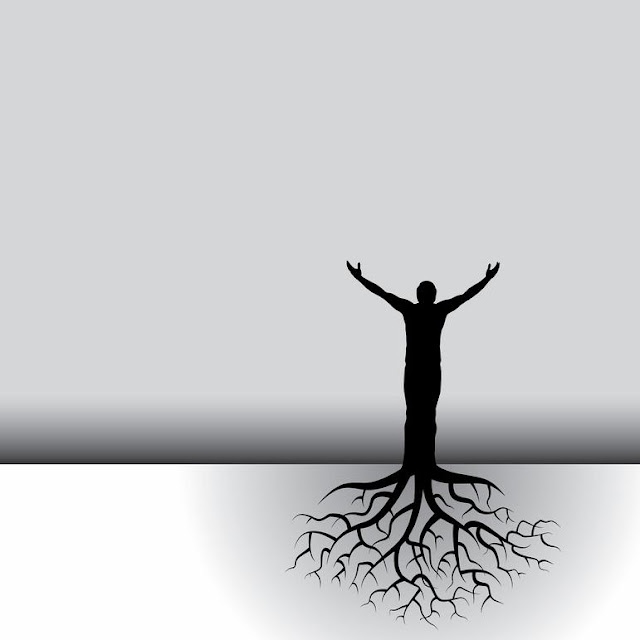"How does the true man of Tao
Walk through walls without obstruction,
Stand in fire without being burnt?"
Not because of cunning
Or daring;
Not because he has learned,
But because he has unlearned.
All that is limited by form, semblance, sound, color,
Is called object.
Among them all, man alone
Is more than an object.
Though, like objects, he has form and semblance,
He is not limited to form. He is more.
He can attain to formlessness.
When he is beyond form and semblance,
Beyond "this" and "that,"
Where is the comparison
With another object?
Where is the conflict?
What can stand in his way?
He will rest in his eternal place
Which is no-place.
He will be hidden
In his own unfathomable secret.
His nature sinks to its root
In the One.
His vitality, his power
Hide in secret Tao.
When he is all one,
There is no flaw in him
By which a wedge can enter.
So a drunken man, falling
Out of a wagon,
Is bruised but not destroyed.
His bones are like the bones of other men,
But his fall is different.
His spirit is entire. He is not aware
Of getting into a wagon
Or falling out of one.
Life and death are nothing to him.
He knows no alarm, he meets obstacles
Without thought, without care,
Takes them without knowing they are there.
If there is such security in wine,
How much more in Tao.
The wise man is hidden in Tao.
Nothing can touch him.
~ Chuang Tzu
translation by Thomas Merton










































